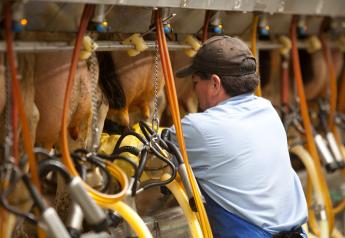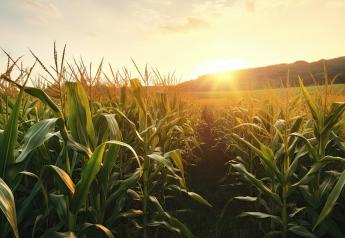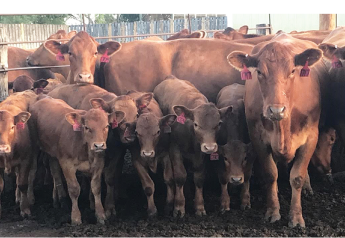OIE opens Global Conference on Veterinary Education

Opening this week in Bangkok, Thailand, the 4th OIE Global Conference on Veterinary Education will address ways to further improve the quality of the veterinary profession globally, by encouraging worldwide harmonization of veterinary education.
Indeed, strengthening Veterinary education worldwide is a key to the sustainable improvement of Veterinary Services, the quality of which is crucial to respond to the societal, economic and environmental changes faced by the profession and by our society.
In our constantly changing and globalised world, all countries depend on the performance of their Veterinary Services to successfully implement their animal production, aquaculture and food safety policies, and for effective prevention and control of any biological disasters. Therefore, veterinarians, as the professionals who are responsible for this important mission, should be well trained not only for animal health and welfare, but also for veterinary public health.
This includes the veterinary contribution to food safety and zoonotic disease control, the importance of which is reconfirmed by the recent occurrences of avian influenza, Middle East Respiratory Syndrome and Rift Valley fever, which have been bringing serious consequences to human health. Society expects the veterinary profession to efficiently respond to this wide range of challenges. To this aim, the strong support and involvement of the Veterinary Authorities and Veterinary Statutory Bodies is critical to move forward.
The previous OIE global conferences on Veterinary Education have addressed the need for better quality and harmonisation of veterinary education worldwide and have led to the development of a core curriculum to address day 1 competencies expected of all graduate veterinarians in all countries in both private and public components of the Veterinary Services. They have also emphasised the essential role of Veterinary Statutory Bodies in supporting better veterinary education and in regulating veterinarians and veterinary para-professionals and have encouraged the OIE to develop the concept of twinning in the field of veterinary education and Veterinary Statutory Bodies.
The current Conference gathers OIE National Delegates and other national government representatives, deans of Veterinary Education Establishments (VEEs), representatives of Veterinary Statutory Bodies, international and national public- and private-sector organisations and individual experts, representatives of institutions in charge of the accreditation of VEEs, and representatives of veterinary para-professional organisations. During three days, their discussions will focus on:
·
Implementation of the OIE guidelines developed to ensure the excellence of the veterinary profession.
·
The current situation of veterinary education worldwide.
·
The experiences of OIE Member Countries, in particular with OIE veterinary education twinning projects.
·
The importance of integrating "non-veterinary" skills, such as of leadership, communication and economics, in veterinary studies.
·
Innovative teaching practices, both for initial veterinary education and continuing education
·
Development of an OIE global list of VEEs.
In order to successfully achieve these objectives, the discussions will extend to the need for closer collaboration between Veterinary Authorities, Veterinary Statutory Bodies and Veterinary Education Establishments.
Furthermore, this global conference will examine the actions to be taken to harmonise and improve the capacities of veterinary para-professionals working under the responsibility and supervision of veterinarians, whose contribution is of high importance in many countries where the number of veterinarians is limited.







